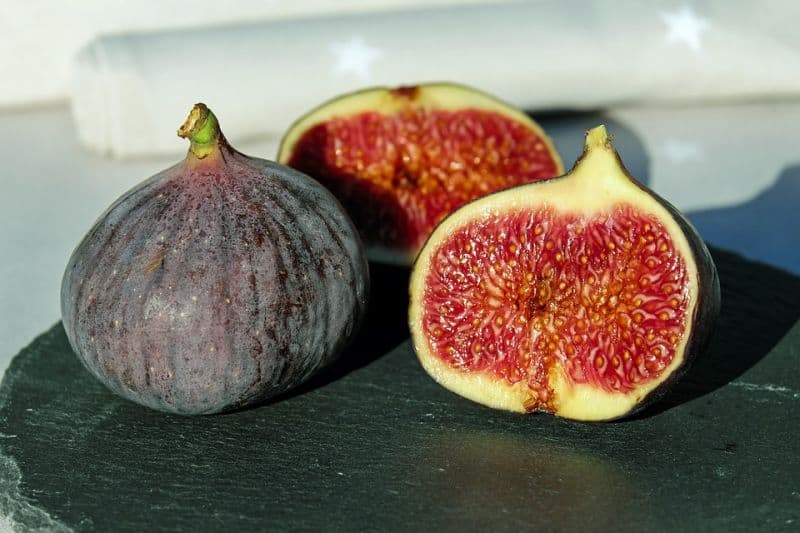Washington: Consuming of dietary fiber like peas, broccoli, raspberries, blackberries, coconut and figs daily can prevent obesity, suggests a recent study.
According to Georgia State University researchers, consumption of dietary fiber can prevent obesity, metabolic syndrome and adverse changes in the intestine by promoting growth of “good” bacteria in the colon.
The findings indicated that enriching the diet of mice with the fermentable fiber insulin prevented metabolic syndrome that is induced by a high-fat diet and they identified specifically how this occurs in the body.
Metabolic syndrome is a cluster of conditions closely linked to obesity that includes increased blood pressure, high blood sugar, excess body fat around the waist and abnormal cholesterol or triglyceride levels and when these conditions occur together, they increase a person’s risk of heart disease, stroke and diabetes.
Obesity and metabolic syndrome are associated with alterations in gut microbiota, the microorganism population that lives in the intestine.
This study found the fermentable fiber inulin restored gut health and protected mice against metabolic syndrome induced by a high-fat diet by restoring gut microbiota levels, increasing the production of intestinal epithelial cells and restoring expression of the protein interleukin-22 (IL-22), which prevented gut microbiota from invading epithelial cells.
Researcher Dr. Andrew Gewirtz said that manipulating dietary fiber content, particularly by adding fermentable fiber, guards against metabolic syndrome.
For four weeks, the team fed mice either a grain-based rodent chow, a high-fat diet (high fat and low fiber content with 5 percent cellulose as a source of fiber) or a high-fat diet supplemented with fiber (either fermentable inulin fiber or insoluble cellulose fiber).
The high-fat diet is linked to an increase in obesity and conditions associated with metabolic syndrome.
The results indicated that insoluble cellulose fiber only modestly reduced obesity and dysglycemia.
When they switched mice back to a chow diet, the colon mass was fully restored.
The research appears in the journal Cell Host & Microbe. (ANI)

